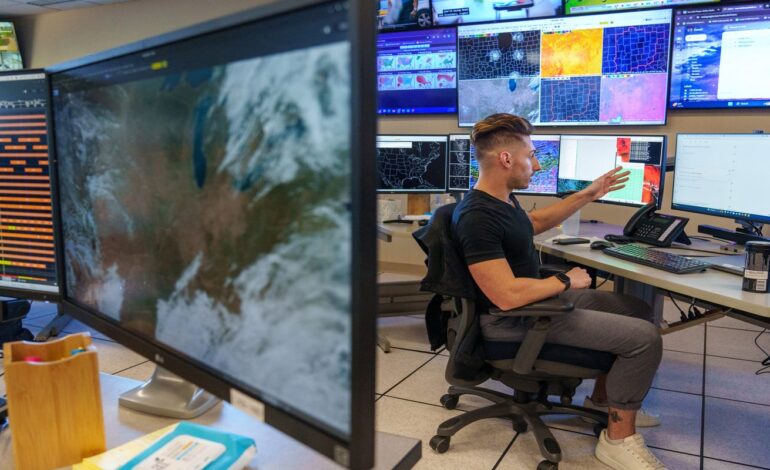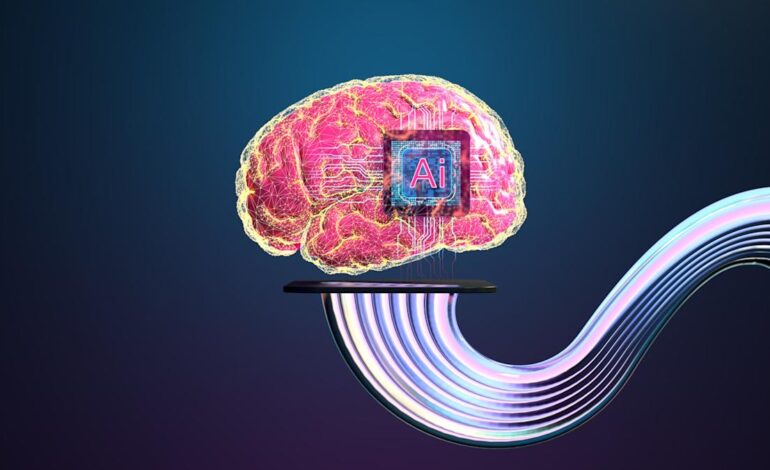
AI’s Impact on Indiana Jobs: Adapting to a Changing Workforce
As artificial intelligence transforms the landscape of employment across industries, Indiana faces unique challenges. The state’s workforce, deeply rooted in traditional sectors, must adapt to these rapid technological changes. This article explores how AI could reshape jobs in Indiana, the skills required for the future, and the potential economic impact on communities.
AI’s Role in the Future of Work
The integration of artificial intelligence into the workplace is not a distant reality but an ongoing evolution. In Indiana, sectors like manufacturing and logistics are increasingly reliant on automated processes. AI technologies are optimizing ways to improve efficiency and reduce costs. However, these advancements raise concerns about job displacement. While some roles will be automated, new job categories requiring advanced digital skills will emerge. The challenge lies in training the current workforce for these future opportunities.
Required Skills and Education for an AI-Driven Economy
To thrive in an AI-driven economy, Indiana’s workforce must acquire new skills. Technical proficiency in fields such as data analysis, programming, and AI system management is essential. Educational institutions across Indiana are evolving their curricula to include AI-focused courses, aiming to better prepare students for the future job market. Lifelong learning and continuous skill development will be crucial in helping workers transition into new roles as the demand for digital skills rises.
Economic Impacts and Community Adaptation
AI’s influence extends beyond individual jobs, affecting entire communities. Indiana’s economic landscape will witness shifts as traditional industries evolve. There is potential for economic growth if AI is leveraged to create high-value jobs and drive innovation. Policymakers and industry leaders must collaborate to ensure that communities can adapt to these changes. Investment in local entrepreneurship and technology hubs could provide a pathway for Indiana to harness AI’s benefits while mitigating its disruptive effects.
Conclusion
Artificial intelligence presents both challenges and opportunities for Indiana’s workforce. Embracing AI through education and skills training will be key to minimizing job displacement and fostering economic growth. By adapting to these technological changes, Indiana can secure its position in an evolving global economy, benefiting both current and future generations.





